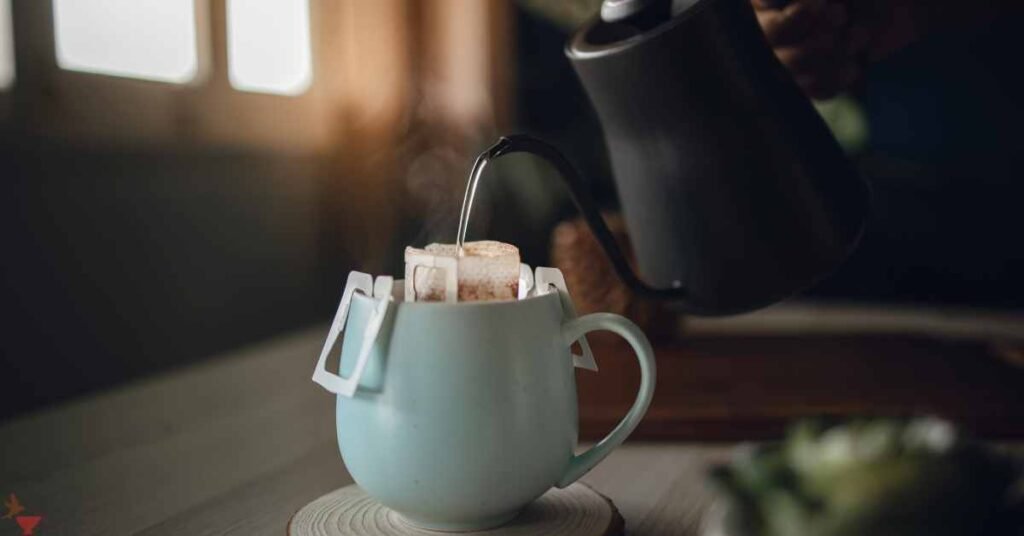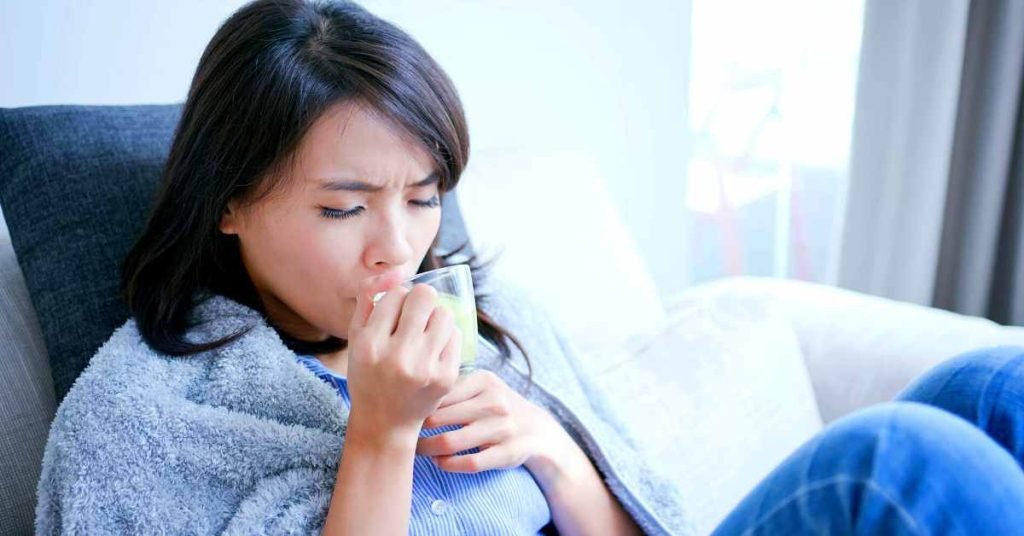When it comes to brewing tea, the time and temperature are crucial factors that can make or break your cup.
So, what exactly determines how long and at what temperature you should brew your tea? Let’s dive into the details.
The Type of Tea

The primary factor that dictates brewing time and temperature is the type of tea you’re using.
Different teas require different conditions to release their flavors and beneficial compounds:
- Green Tea: These delicate leaves need lower temperatures (around 160-180°F) and shorter brewing times (1-3 minutes) to avoid bitterness.
- Black Tea: With more robust flavors, black tea can handle higher temperatures (200-212°F) and longer brewing times (3-5 minutes).
- White Tea: These minimally processed leaves need slightly cooler water (175-185°F) and a bit more time (4-5 minutes).
- Oolong Tea: Oolong sits between green and black tea, requiring medium temperatures (185-205°F) and variable brewing times (2-4 minutes) depending on the oxidation level.
- Herbal Tea: These can vary widely but typically need boiling water (212°F) and longer brewing times (5-10 minutes) since they’re not made from traditional tea leaves.
Leaf Size and Processing
The size and shape of the tea leaves also play a significant role.
Larger, whole leaves tend to need longer brewing times to fully release their flavors, while smaller, broken leaves infuse more quickly.
For example, finely chopped black tea in tea bags brews faster than loose-leaf tea.
The processing method, including oxidation, drying, and rolling, affects the tea’s cell structure and, consequently, how it releases flavors and compounds.
Oxidized teas like black and oolong generally need higher temperatures and longer times compared to less oxidized teas like green and white.
Desired Flavor Profile

Your personal taste preference is another important factor.
If you like a stronger, more robust flavor, you might opt for a longer brewing time or a higher temperature.
Conversely, if you prefer a lighter, more delicate taste, shorter brewing times and lower temperatures are the way to go.
Chemical Composition
The chemical makeup of the tea leaves determines how they react to different brewing conditions. For instance:
- Catechins: These are abundant in green tea and are sensitive to high temperatures, which can make the tea bitter if over-brewed.
- Tannins: Found in higher concentrations in black tea, tannins contribute to astringency and can make the tea taste harsh if brewed too long.
- Essential Oils: These contribute to the aroma and can evaporate at higher temperatures, affecting the tea’s fragrance.
Water Quality
Lastly, the quality of water you use can impact the brewing process.
Fresh, filtered water that’s free from impurities allows the true flavors of the tea to shine through.
The mineral content and pH level of the water can also interact with the tea, affecting the overall taste.
Final Word

Brewing the perfect cup of tea is about balancing time and temperature based on the type of tea, leaf size, processing method, desired flavor, and chemical composition.
By understanding these factors, you can customize your brewing process to suit your preferences and get the most out of every cup.
So, next time you brew a pot of tea, consider these elements, and you’ll be well on your way to tea perfection.
MEDICAL DISCLAIMER
Itsnevernotteatime.com cannot and does not contain medical/health advice. The medical/health information is provided for general and educational purposes only and is not a substitute for professional advice.




